Project Start: 2015
Project Duration: 6 months
The primary objective of this project was to modernize an electric scooter. This was accomplished by replacing its original 4 lead batteries with homemade lithium-ion batteries. The lithium-ion batteries used were LG Chem Battery Cells, originally used in Chevrolet Volt vehicles. These batteries have a maximum voltage of 4.15V and a capacity of 15Ah which significantly enhanced the scooter’s performance.

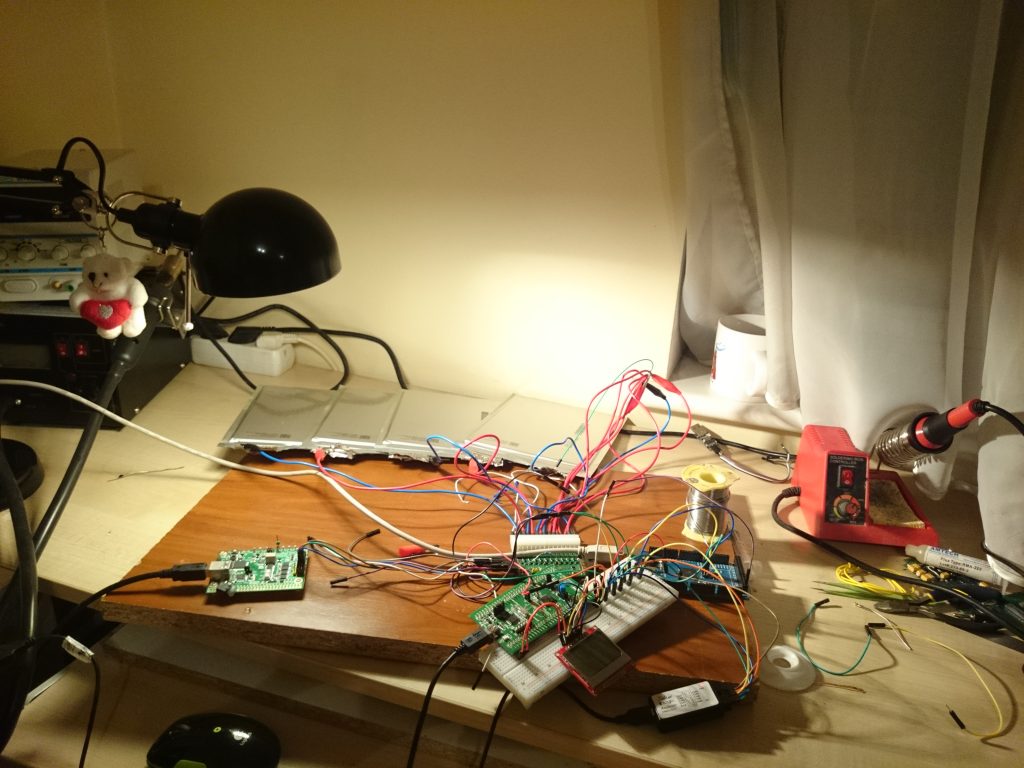
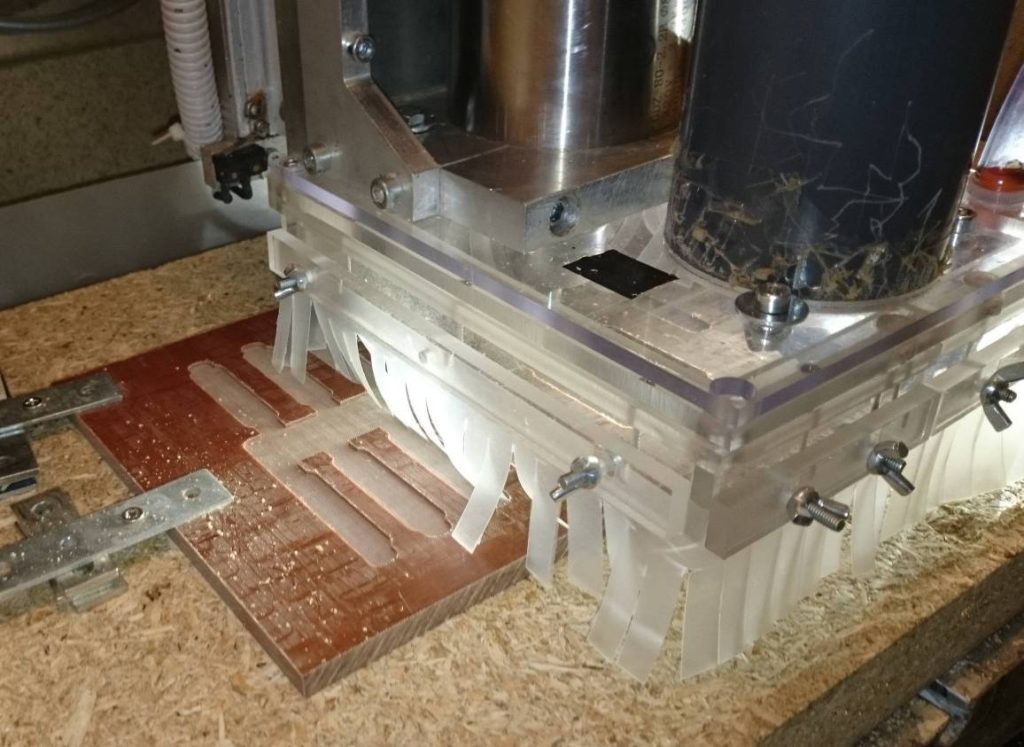

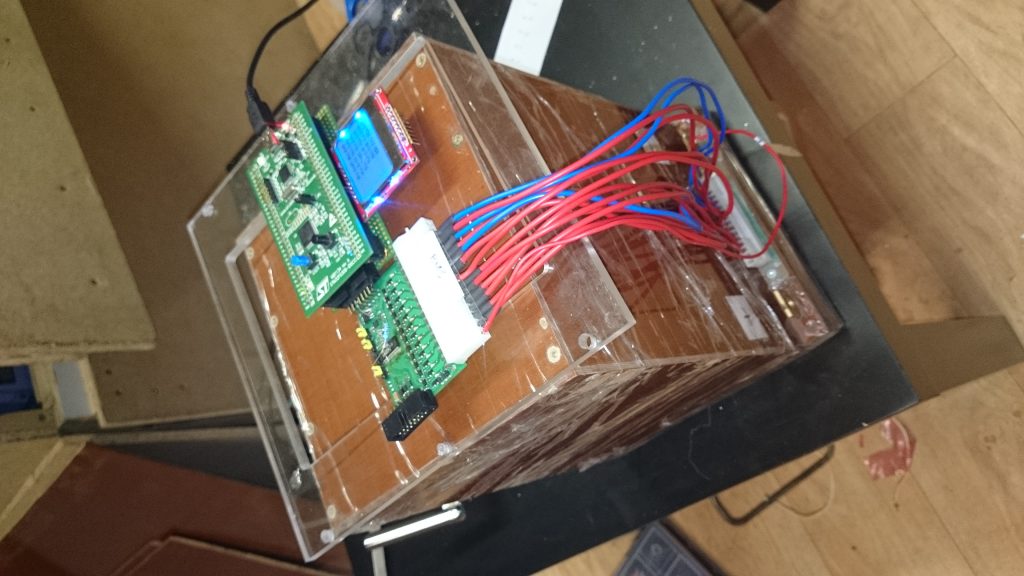
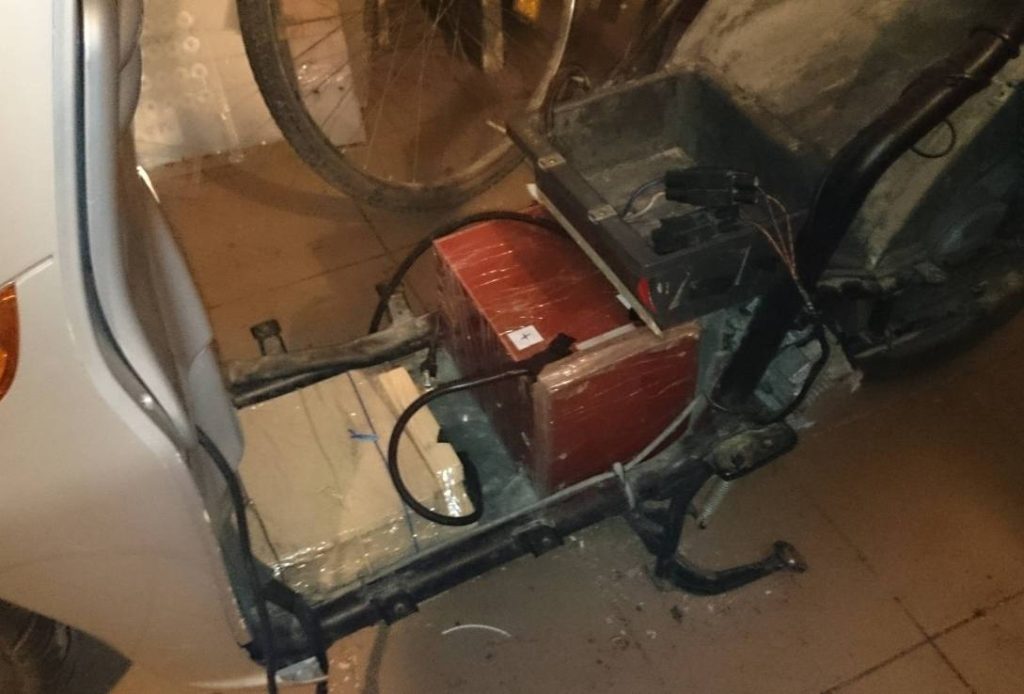
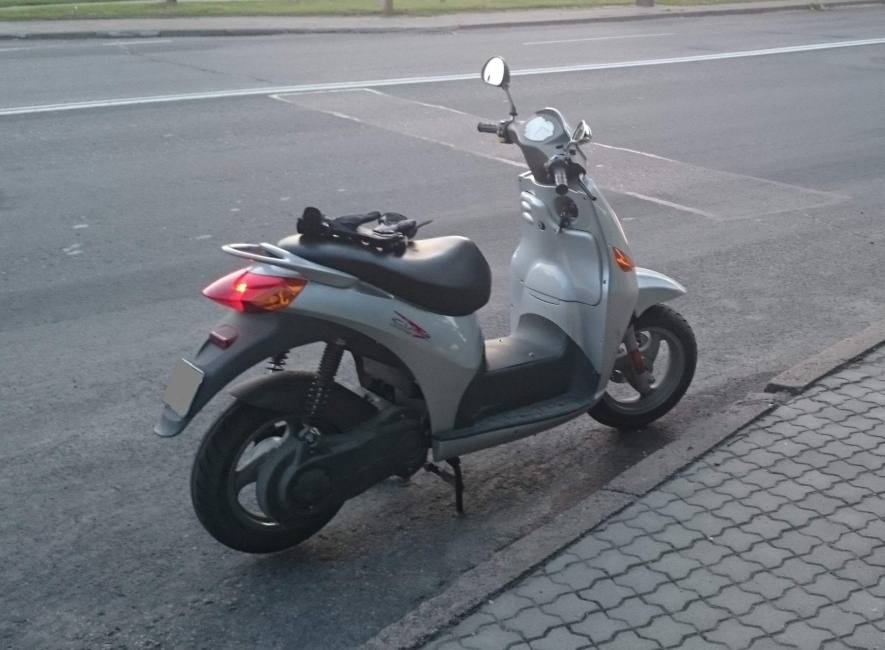
The results of the battery replacement were significant. The total capacity of the newly assembled lithium-ion batteries was 1.5kW. Importantly, despite this increased capacity, the weight of the scooter remained the same as when it was powered by just one of the original lead batteries. Additionally, the travel distance of the scooter, after the battery replacement, was the same as when it was powered by the four original lead batteries.
To ensure the safety and reliability of the new power system, a Battery Management System (BMS) was designed and manufactured. This BMS is capable of checking the voltage of all cells in real-time and can display the energy charged and used during driving on an LCD screen.
For the microcontroller unit (MCU), an STM32 was used due to its reliability and versatility. In addition, a Power Switch node was created from discrete components. This node, which is controlled by the internal scooter battery charger, is capable of passing currents greater than 100A during scooter operation. This feature ensures the efficient operation of the scooter even under high loads.
This project demonstrates the potential for upgrading traditional electric scooters with more efficient and powerful lithium-ion batteries, resulting in a more sustainable and efficient mode of transportation.
The success of this project not only highlights the potential of using lithium-ion batteries as a more efficient power source for electric scooters but also opens up new possibilities for the development and enhancement of other electric vehicles. Transitioning to lithium-ion batteries can significantly improve the performance and efficiency of these vehicles, making them more eco-friendly and cost-effective in the long run.
Moreover, the development of the custom Battery Management System (BMS) has paved the way for more advanced and reliable electric vehicle technology. The real-time monitoring of cell voltages and energy usage during driving can greatly aid in performance optimization and maintenance of the vehicle.
